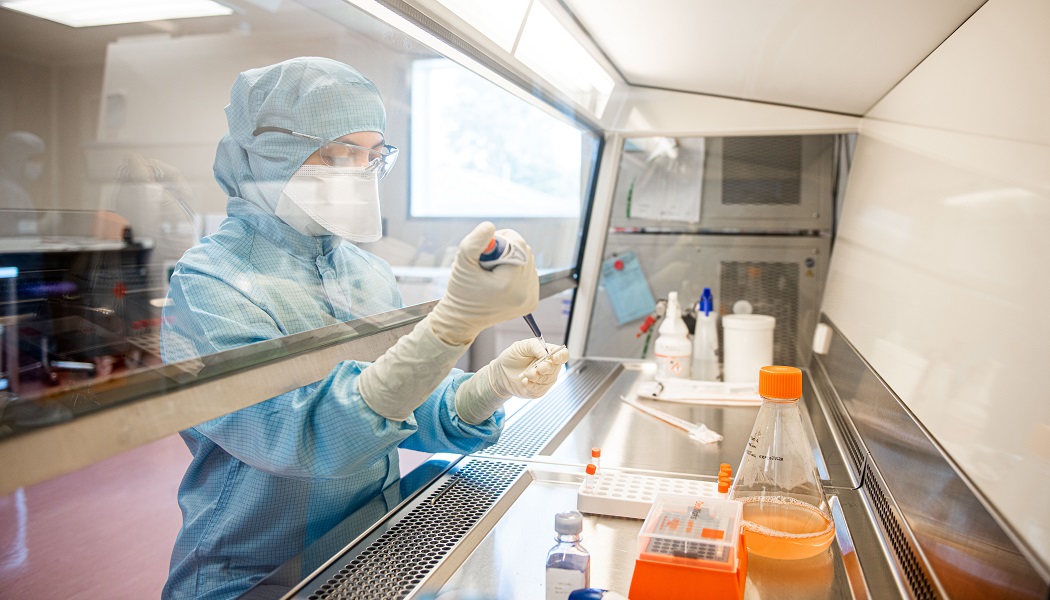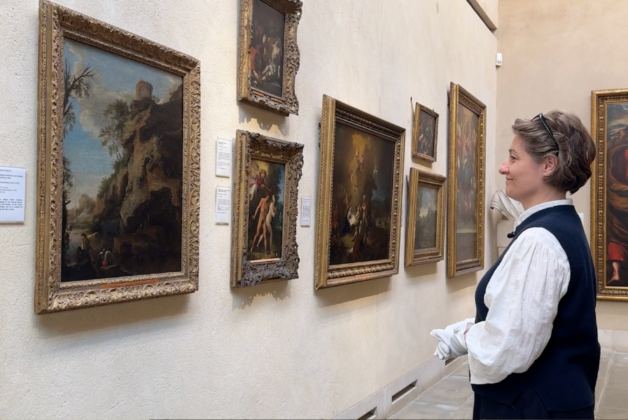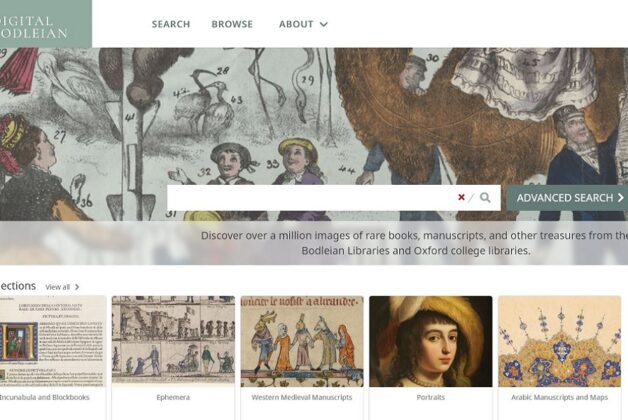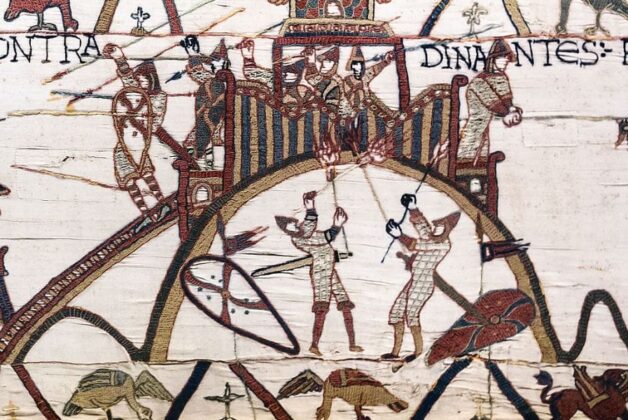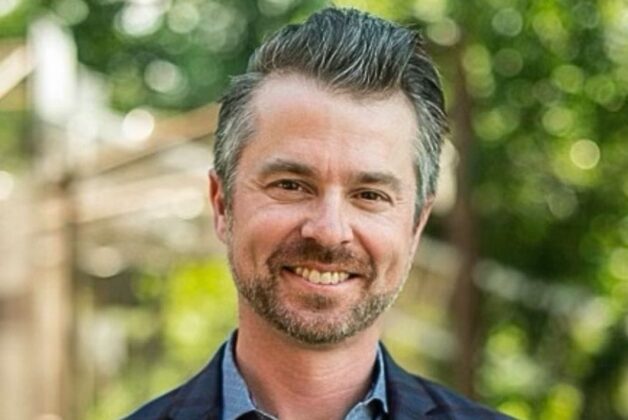Image: © John Cairns
Artefacts are being collected as Oxford University’s History of Science Museum and Bodleian Libraries jointly embark on a project to tell the behind-the-scenes stories of how the institution led research and vaccine development efforts following the outbreak of Covid-19.
Objects and documents, along with personal stories, are now being collected for researchers and the public to study and explore for years to come.
To support the Collecting Covid project, Oxford University staff, students and anyone connected with the institution’s response to the pandemic are being invited to share items or accounts from this period.
“The sorts of materials and memories we hope to uncover through this project are surprisingly vulnerable to loss. It is timely to start the process of gathering these things to make sure they survive to inform future research and reflection,” notes Susan Thomas, head of archives & modern manuscripts at the Bodleian Libraries.
We're joining forces with @bodleianlibs to collect materials & experiences to tell the story of @UniofOxford's response to the COVID-19 pandemic for future generations.
Backed by an E P A Cephalosporin grant, we've already started collecting—take a look: https://t.co/Wa9bXqU0Vg pic.twitter.com/4hRyPzB6y0
— History of Science Museum (@HSMOxford) August 10, 2021
One such object that came very near to disposal was a glass safety cabinet from the labs of the University’s Clinical Biomanufacturing Facility at the Churchill Hospital, which had been used to grow, infect and harvest cells for the Covid-19 vaccine.
Initially sent to a specialist company in Wales for recycling following the Facility’s refurbishment earlier in the year, the item was flagged for its potential significance by an employee who got in touch with Science Museum Group. The London-based organisation then reached out to the team in Oxford to ascertain whether the item was suitable for its nascent collecting project.
The newest acquisition, however, is a one million times size glass sculpture of a single nanoparticle of the vaccine, made by internationally renowned artist Luke Jerram.
Alongside the sculpture, which is already on display, the History of Science Museum is asking visitors – both online and in-person – ‘What would you tell museum visitors of the future about the Covid-19 pandemic?’, with feedback being added to the Museum’s own archive, where it will help inform future displays and interpretation.
Preserving the pandemic for posterity
To date, the Collecting Covid project has been promised items including:
- Equipment used in the development and delivery of the Oxford AstraZeneca vaccine, including a vial used to administer the second dose to Professor Sarah Gilbert
- Stories of the clinical delivery of the vaccine programme
- A prototype ventilator developed by a team in MPLS (the Mathematical, Physical, and Life Sciences division of the University)
- A bottle of beer that a local brewery created especially for the Oxford Vaccine Group to thank them for their essential work
Two new dedicated staff roles have been created to support the initiative – a Collecting Covid curator at the History of Science Museum and an archivist at the Bodleian Libraries, both of whom will work closely together – courtesy of a grant award from the E P A Cephalosporin Fund.
Identifying, collecting, cataloguing and preserving objects and stories of Covid-19 for future research, displays and public engagement will be central to the positions.
Dr Silke Ackermann, director of the History of Science Museum and lead applicant for the E P A Cephalosporin grant, says the organisation is “delighted to be working together with the Bodleian Libraries” on a project which will enable the University to “share the stories of Oxford science with the wider public and academics alike”.
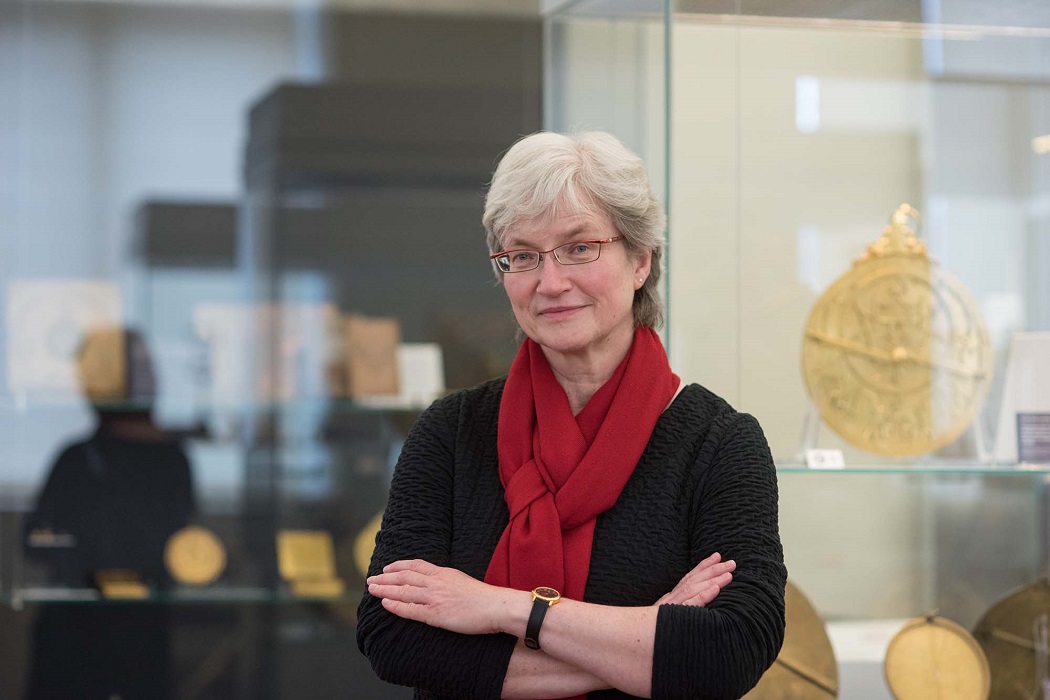
Other academics supporting the Collecting Covid project include Professor Andrew Pollard FMedSci, director of the Oxford Vaccine Group and chief investigator of the Oxford COVID-19 Vaccine Clinical Trials.
Recently appointed Knight Bachelor in the Birthday Honours List 2021, Pollard says he is “enormously proud to be collaborating with the History of Science Museum and the Bodleian Libraries, which are so uniquely placed to share the stories of Oxford science and to shine greater light on our endeavours to make the world a better place”.
Anyone associated with the University is invited to offer objects, records, documents or memories to the Collecting Covid project by emailing proposed submissions to: [email protected]

